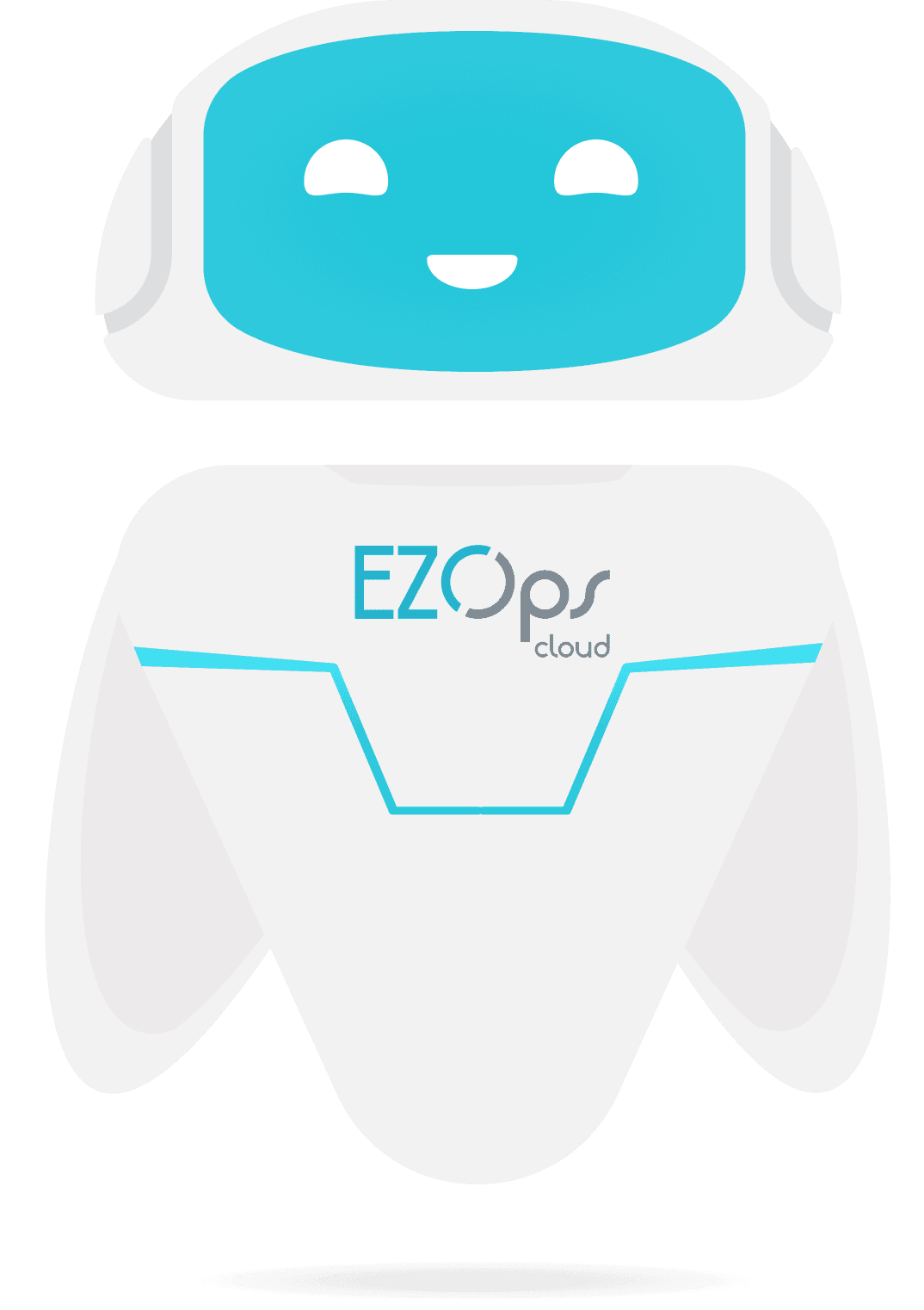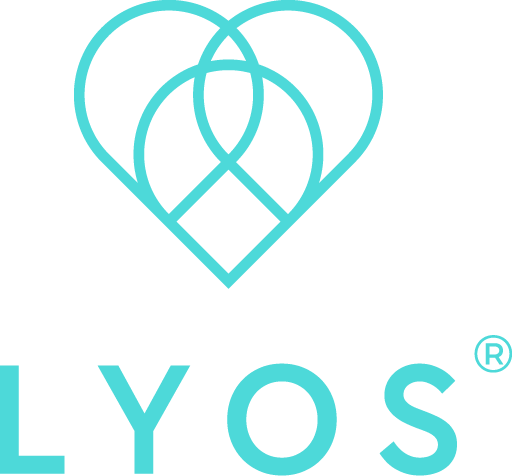With almost a decade helping SMBs and startups scale, more than 500 companies have trusted our team.
Proven expertise
With almost a decade of experience and a dedicated team of full-time professionals, we've supported over 50 companies across the US. We bring the knowledge and skills necessary for your success.
High scalability
Our solutions are designed to grow with you. Whether you're scaling up for rapid growth or adjusting to market changes, we ensure your infrastructure can handle increased demands seamlessly.
Continuous tailored support
We understand that startups and SMBs face distinct challenges. Our tailored DevOps and Cloud services offer you dedicated ongoing support that evolves with your business.
Focused on startups and SMBs
We specialize in delivering customized, ongoing support for startups and small to medium-sized businesses (SMBs). While other companies chase large projects and big clients, we focus on your unique needs, providing affordable solutions that ensure your software infrastructure remains stable, scalable and secure.
Comprehensive infrastructure management
Our proactive approach ensures your infrastructure is continuously monitored, optimized, and secured, allowing you to focus on what you do best— growing your business —without the stress of downtime or vulnerabilities.
ACE: AI-Enhanced Engineer for smarter DevOps
ACE is an extra engineer powered by GenAI, designed by DevOps experts to automate and execute tasks with precision. It manages routine and complex operations 24/7, ensuring system alignment and addressing challenges across time zones, while providing support for more intricate scenarios.
SKILLS
Empowering innovation with a cutting-edge tech stack, where AI and human insight blend seamlessly
DevOps & Cloud Engineering
We deliver end-to-end DevOps and Cloud Engineering services, automating workflows, optimizing CI/CD pipelines, and ensuring secure cloud integration. From real-time monitoring to proactive issue resolution, we enhance system reliability and scalability, tailored to meet your operational needs.
Solutions Architecture
We design scalable, cost-efficient infrastructures through our Solutions Architecture, tailored to your performance goals. We specialize in cloud-native applications, seamless system integration, and ongoing optimization, ensuring reliable and adaptable solutions for evolving business demands.
System Administration
We offer proactive System Administration, managing server configurations, monitoring performance, and automating routine tasks. With 24/7 support, security compliance, and disaster recovery planning, we keep your systems efficient, secure, and always operational.
SUCCESS STORIES
Success captured through the voices of our clients
CASE STUDIES
How our expertise has driven success across diverse industries
and revolutionize your Cloud & DevOps landscape, unlocking new possibilities and driving innovation while cutting costs.

Powered by EZOps Cloud
Book a discovery call
Tell us about your business and project needs.
Explore the solution and the structure of the team
We’ll present how the solution will be implemented and how the team will work to meet your needs.
Initiate and monitor progress
We’ll get to work while keeping you up to date and adapting as needed.









































































